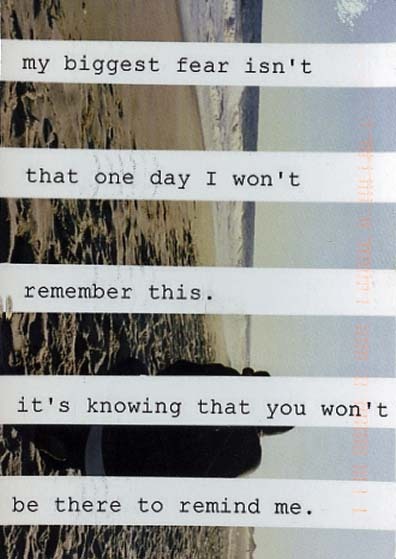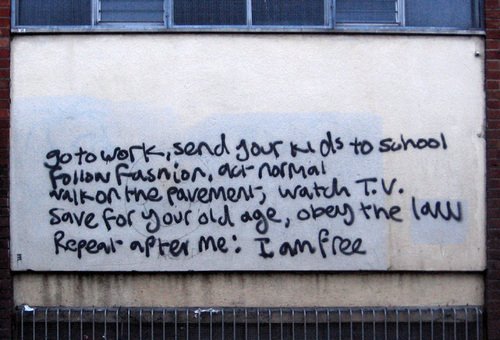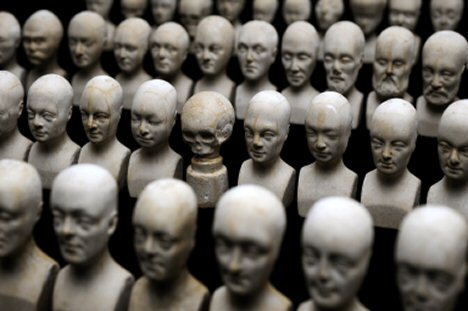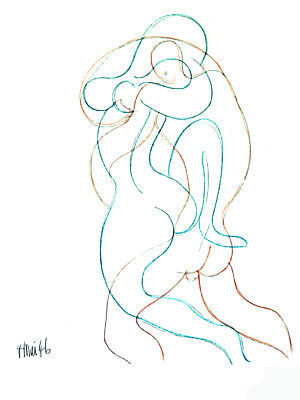Here’s a quote from Stephen Fry’s novel Making History, one of the few passages that struck me as admirable in that lamentably bad book.
If there is a word to describe our age, it must be Security, or to put it another way, Insecurity. From the neurotic insecurity of Freud, by the way of the insecurities of the Kaiser, the Fuhrer, Eisenhower, and Stalin, right up to the terrors of the citizens of the modern world –
THEY ARE OUT THERE
The enemy. They will break into your car, burgle your house, molest your children, consign you to hellfire, murder you for drug money, force you to face Mecca, infect your blood, outlaw your sexual preferences, erode your pension, pollute your beaches, censor your thoughts, steal your ideas, poison your air, threaten your values, use foul language on your television, destroy your security. Keep them away! Lock them out! Hide them from sight! Bury them!
(originally posted 2010-11-22, updated for micro.blog)




